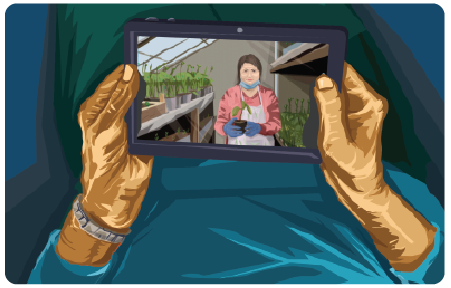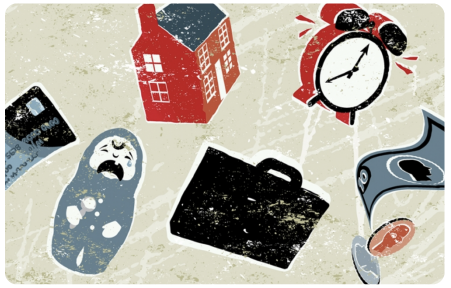A NEW MAP OF LIFE
Lessons From the Pandemic
The Covid-19 pandemic has profoundly changed the ways we work, learn, provide care to our young and older populations, socialize and engage with our neighbors and larger communities. Many of these changes occurred quite suddenly when adults and children of all generations were forced, because of shutdowns and travel bans around the world, into physical and social isolation. The pandemic prompted national conversations about many topics and challenges that all families have faced in their lives, exacerbated by the impact of Covid-19.
Early in the pandemic, aware that we had a fleeting window of time to examine our altered lives, we launched the New Map of Life: After the Pandemic project. We posted short observations about changes as they were occurring, from experts in academia, business, healthcare, the arts and elsewhere.
Now, more than a year since Covid-19 erupted, we’ve had time to analyze and reflect about the most significant and lasting changes that have occurred, and about what’s most needed to ensure healthier, longer lives. We’ve identified how the pandemic has sparked new innovations and solutions to longstanding problems related to caregiving, the digital divide across generations, the need for workplace flexibility, financial security and other issues.
To have every essay delivered to your inbox, subscribe to our monthly Longevity Briefing newsletter.
[social-share style=”icon” size=”s” counters=”no” buttons=”facebook,twitter,linkedin,mail”]
Essays
Working to Connect Older Adults: A Digital Inclusion Progress Report
Imagine sheltering in place for a year, or more, without internet access. That is the situation for nearly 15 million adults aged 65 and up, or over one-quarter of the older population in the United States, estimated to be off-line.
Fixing Congregate Living for Older Adults
The pandemic may deter some from moving into congregate settings, but the demand is likely to persist, and congregate living places must adapt to current realities and future trends. Even after the virus recedes, the world will not revert to pre-Covid conditions. So what might the future look like?
Innovations for Caregiving
For millions of caregivers and their families in the US, the challenges faced on a daily basis can seem insurmountable. The Covid-19 pandemic has heightened this problem. Fortunately, there are now hundreds of companies offering innovative technologies and services to help them.
An American Agenda for Working Families
Covid-19 has opened the eyes of the public to the challenges faced by working families. It has revealed what happens when an inadequate child care system fails even further, schools can’t operate, and parents must homeschool their children and take care of them around the clock. The pandemic proved that we can be productive without rigid schedules, but too much flexibility
The New Map of Life™ initiative is made possible in part with generous support from the Annenberg Foundation.





